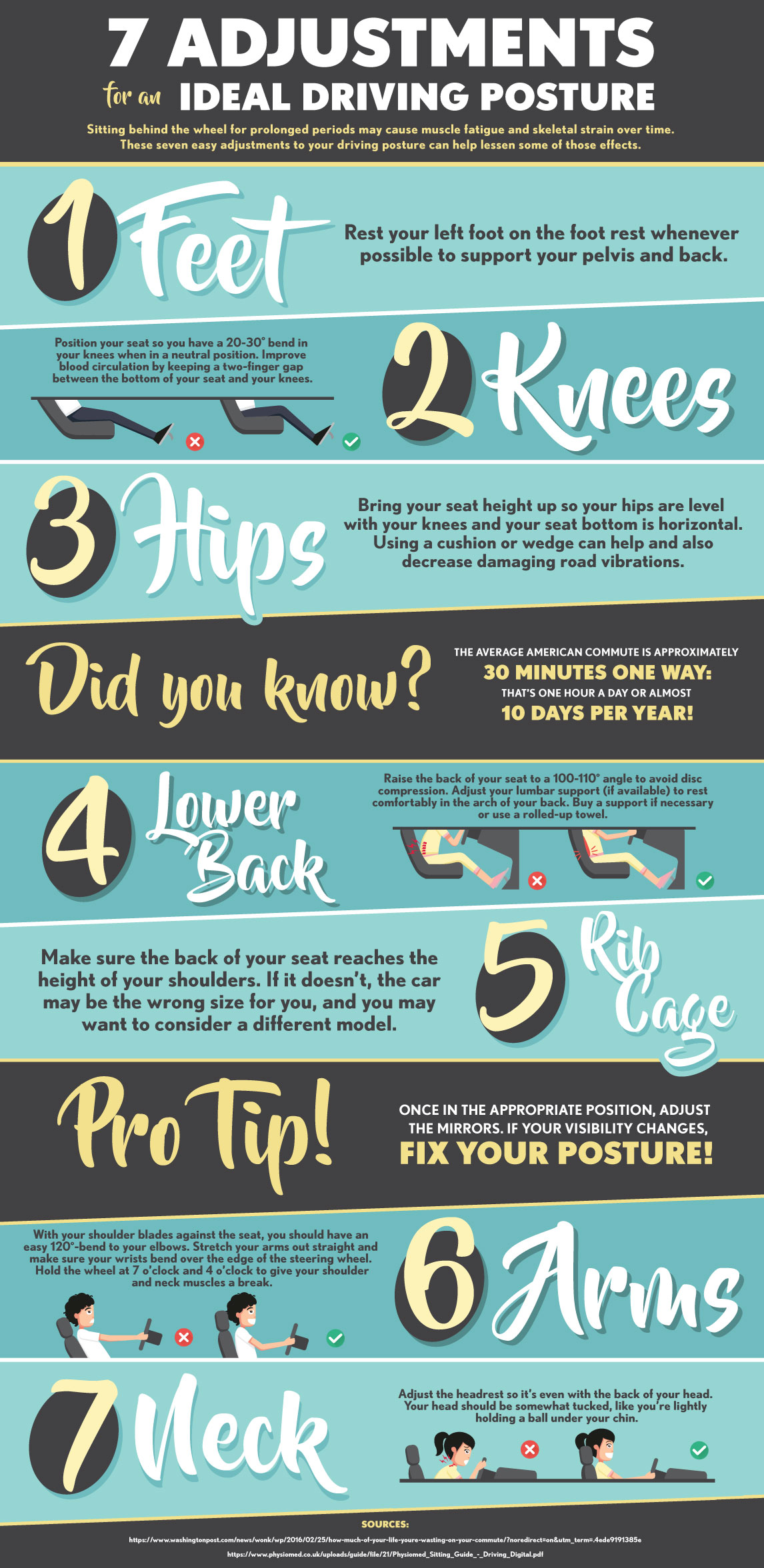If you're experiencing neck and back pain, your body could be attempting to inform you something more than just pain. The method your back really feels can offer important hints regarding your overall well-being. Understanding the specific type of pain you're really feeling and any type of coming with signs is essential to deciphering the mystery behind your discomfort. Let's explore the common problems and symptoms associated with various sorts of neck and back pain to clarify what your body might be signaling.
Kinds Of Back Pain
When it comes to back pain, there are numerous types that you may experience. One usual type is muscle discomfort, usually caused by overuse, strain, or injury to the muscle mass and ligaments supporting the spinal column. This kind of pain can vary from mild discomfort to severe and incapacitating pain.
An additional type is nerve pain, which can arise from conditions like herniated discs or sciatica. Nerve discomfort often presents as a sharp, shooting feeling that radiates down the leg.
Joint pain in the back can come from concerns like joint inflammation or sacroiliac joint dysfunction. This sort of discomfort is typically felt in the reduced back and can be exacerbated by specific activities.
In addition, back pain can be associated with structural issues such as spine stenosis or vertebral cracks. Recognizing the type of back pain you're experiencing is important in establishing the suitable treatment and monitoring techniques.
Common Effects to Watch For
Moving past the different sorts of neck and back pain, it is very important to identify the common signs that can indicate underlying problems.
Consistent neck and back pain that aggravates with activity or during the night could suggest a more severe problem. Tingling or prickling in the legs or feet, especially when accompanied by weak point, may indicate a nerve-related concern. If you experience sudden weight management along with pain in the back, maybe an indication of a more systemic condition.
Take notice of any type of adjustments in bladder or digestive tract function, as this could be linked to spine compression. High temperature, chills, or night sweats combined with pain in the back might indicate an infection. Watch out for discomfort that radiates down one or both legs, possibly a measure of sciatica.
Health Conditions Linked to Pain In The Back
If you struggle with pain in the back, it's essential to comprehend the prospective wellness problems connected to this discomfort. Back pain can be a signs and symptom of different underlying concerns, consisting of muscle mass strains, herniated discs, osteo arthritis, back stenosis, and even problems like kidney rocks or infections.
Muscle strains prevail and often result from raising heavy items or unexpected movements.
Herniated discs happen when the soft tissue in between vertebrae protrudes, creating nerve irritability.
Osteoarthritis, a degenerative joint disease, can bring about neck and back pain as cartilage material wears down.
dr steven schram , the narrowing of the spinal canal, can tax nerves.
Kidney rocks might cause extreme back pain if they move right into the urinary system tract.
Infections like back osteomyelitis can additionally show up as neck and back pain. Comprehending these possible wellness problems can assist you look for appropriate healthcare and monitoring for your pain in the back.
Verdict
So, following time your back injures, take notice of the sort of discomfort and going along with signs and symptoms. It could be a signal from your body about underlying health and wellness problems like muscular tissue strain, nerve problems, joint problems, or even structural problems. By recognizing read on , you can take proactive actions to attend to the root cause of your neck and back pain and boost your general health and health.
